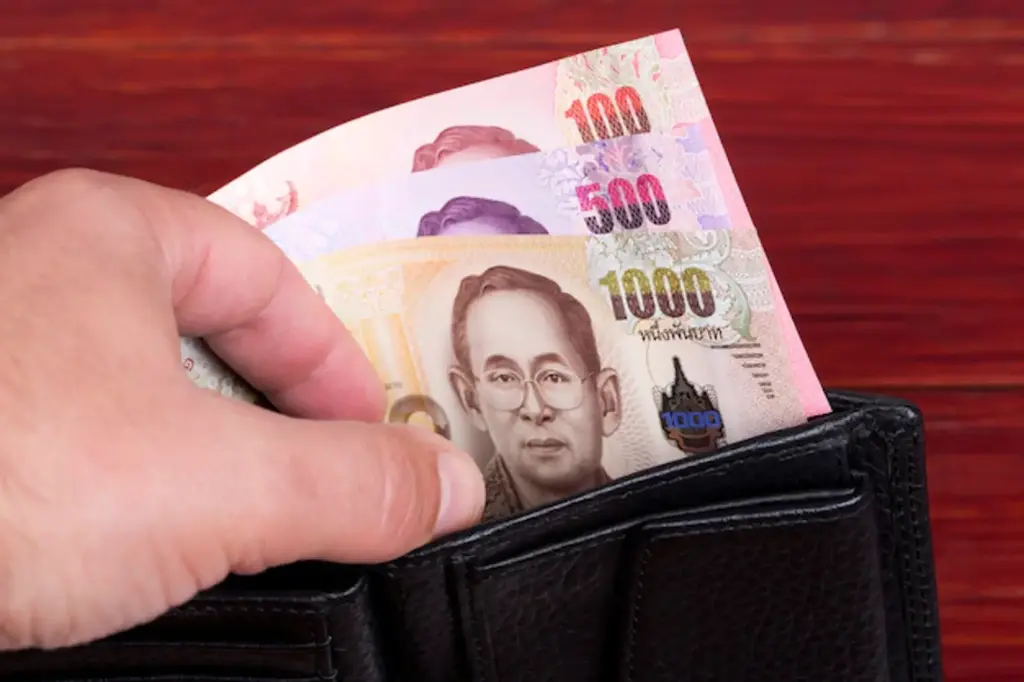News
Bomb Plot Shows Gaps Thailand’s Security
Police from the Metropolitan Police Division 1 check the backpacks of foreign backpackers on Khao San Road amid terrorism warnings in Bangkok issued by foreign embassies in Thailand. PATIPAT JANTHONG
CHIANGRAI TIMES – A bungled bomb plot by Iranian suspects in Bangkok has highlighted Thailand’s vulnerability to terrorist attacks, experts say, even as authorities in the kingdom play down the threat.
The tourist magnet is seen as a soft target because of the easy entry it grants to foreign visitors as part of efforts to boost the economy.
While the alleged plot to kill Israeli diplomats in the Thai capital was unsuccessful, it only came to light because of a series of apparently accidental explosions which rocked a residential neighbourhood on February 14.
Thai officials have denied the blasts — which came a month after the United States warned of a terror strike in the capital — were a terrorist incident on the basis that individuals rather than the general public were the targets.
The explosions came a month after police found a large amount of chemicals in a house near Bangkok that could be used to make a bomb. A Lebanese suspect was arrested in connection with that incident.
The safety scares dealt a new blow to a tourism industry still recovering from the fallout of months of devastating floods last year, as well as several rounds of political unrest in recent years.
“Thailand is worried that the bombings will be yet another blow to the country’s image as a safe tourist destination, particularly if it admits the blasts were a terrorist attack,” said Maria Patrikainen, Southeast Asia political analyst for research firm IHS Jane’s.
While the kingdom stepped up security in the wake of the 2002 bombings on the Indonesian resort island of Bali which left more than 200 people dead, “procedures — particularly regarding visas — have not been tightened as much as they could be for fear of damaging tourism,” Patrikainen said.
Thai intelligence gathering is complicated by factors including poor coordination between the various police and government agencies involved, according to experts.
Furthermore, while the kingdom is no stranger to attacks, it has little experience dealing with international terrorists.
Bangkok has seen numerous mostly minor blasts in recent years but they have been blamed on the country’s rival political factions.
An insurgency has also been raging for eight years in the Muslim-majority deep south, where there are near-daily gun or bomb attacks, but the violence is confined to the region and the militants have never targeted Western tourists.
“Thailand appears as a sitting duck,” said Paul Chambers, director of research at the South East Asian Institute of Global Studies at Payap University in Chiang Mai in northern Thailand.
“It is more surprising that such bombings have not happened before,” he added.
This month’s failed attack was not Thailand’s first lucky escape.
In 1994, police stumbled across a massive bomb hidden in a truck involved in a minor traffic accident two blocks from the Israeli embassy in Bangkok. An Iranian suspect in the incident was sentenced to death.
“Eighteen years later, we’ve been lucky again… We cannot rely on luck every time,” said Thitinan Pongsudhirak, director of the Institute of Security and International Studies at Bangkok’s Chulalongkorn University.
He said Thai authorities needed to be more vigilant and proactive.
“So far they have not had very good intelligence. There has been poor coordination, poor analysis,” he said, noting that the initial warning of a potential attack had come from the US embassy.
Some observers attribute the security weaknesses in part to the political turbulence that has rocked Thailand since a 2006 coup which ousted controversial premier Thaksin Shinawatra.
Since his overthrow there have been a series of street protests by rival political groups which culminated in mass pro-Thaksin demonstrations in early 2010 which sparked a military crackdown that left more than 90 people dead.
The leaders of those rallies, from the “Red Shirt” movement, were charged with “terrorism” and are awaiting trial.
“There has been so much disarray in Thai politics and Thailand’s political class has been so focused on other things that having a serious discussion on matters like security hasn’t been possible,” said Michael Montesano, a research fellow at the Institute of Southeast Asian Studies in Singapore.
Thailand’s national police “have capable people aware of threats to foreign targets on Thai soil,” he said.
“But like members of bureaucracies anywhere they face big challenges in terms of coordination with other parts of the government,” Montesano said.
“We need someone to move beyond this state of denial and take real leadership. If recent events prove a wake-up call for the Thais to evolve capacities, it would be a blessing in disguise.”
By Amelie Bottollier-Depois






























